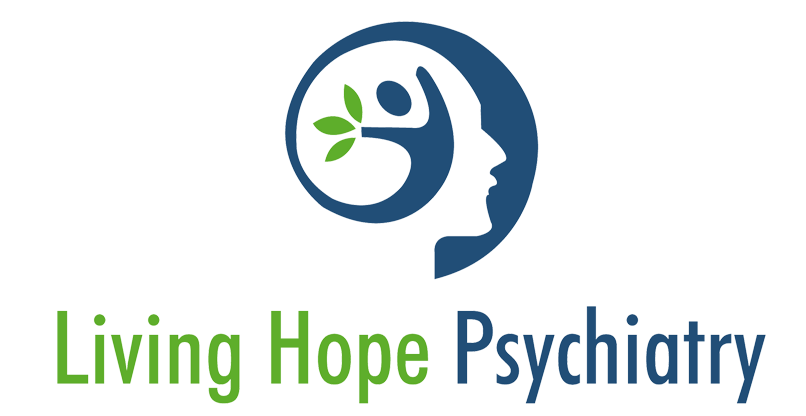Yes, trauma can contribute to the development or worsening of Obsessive-Compulsive Disorder (OCD), especially in individuals who are already vulnerable due to genetic or neurological factors.
Understanding OCD
Obsessive-Compulsive Disorder (OCD) is a mental health condition characterized by:
- Obsessions: Unwanted, intrusive, and distressing thoughts, images, or urges.
- Compulsions: Repetitive behaviors or mental acts performed to reduce anxiety caused by obsessions.
OCD is considered a neurobiological disorder with both genetic and environmental components.
The Role of Trauma in OCD
While trauma doesn’t directly cause OCD in everyone, it can act as a trigger or exacerbating factor. People exposed to:
- Childhood abuse or neglect
- Sudden loss
- Violence
- Natural disasters
- Medical trauma
may begin to show symptoms of OCD as a coping mechanism. The compulsions often serve to create a sense of safety or control in an otherwise unpredictable or frightening world.
OCD vs PTSD: What’s the Connection?
There is growing evidence that OCD and PTSD can co-occur, and both may include:
- Intrusive thoughts
- Hypervigilance
- Avoidance behaviors
However, OCD is primarily driven by irrational fears and rituals, while PTSD stems from a response to a real traumatic event. That said, people who’ve experienced trauma may develop OCD as a secondary response.
Research Insight
Studies have shown that individuals with a history of trauma may be:
- More likely to develop OCD symptoms
- At higher risk for severe, treatment-resistant OCD
- More likely to experience anxiety or depression alongside OCD
This doesn’t mean trauma is the sole cause, but it can intensify or complicate the condition.
Key Takeaway:
Trauma can be a contributing factor to OCD, especially in those already at risk. While not everyone who experiences trauma will develop OCD, the emotional and psychological aftermath of trauma can shape how OCD manifests.
Seeking Help
If you or someone you love is dealing with obsessive thoughts or compulsive behaviors — especially after a traumatic experience — it’s important to seek professional support.
